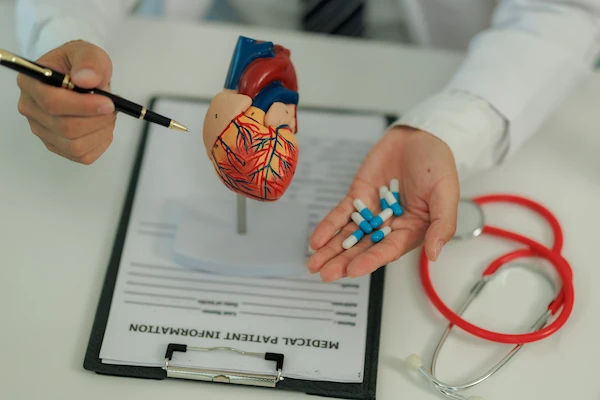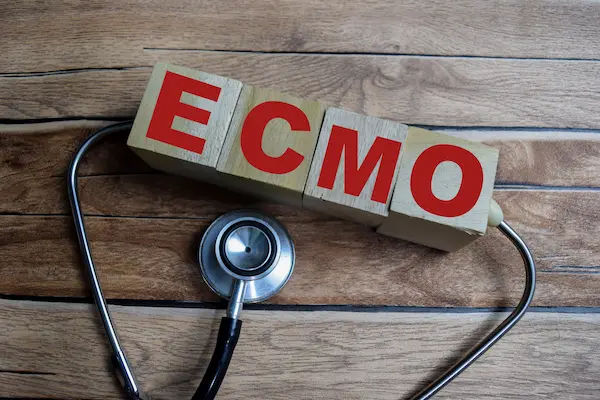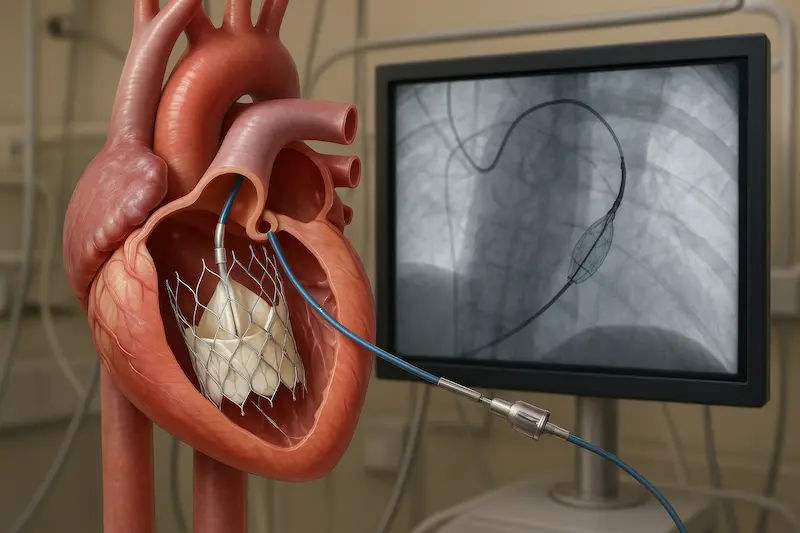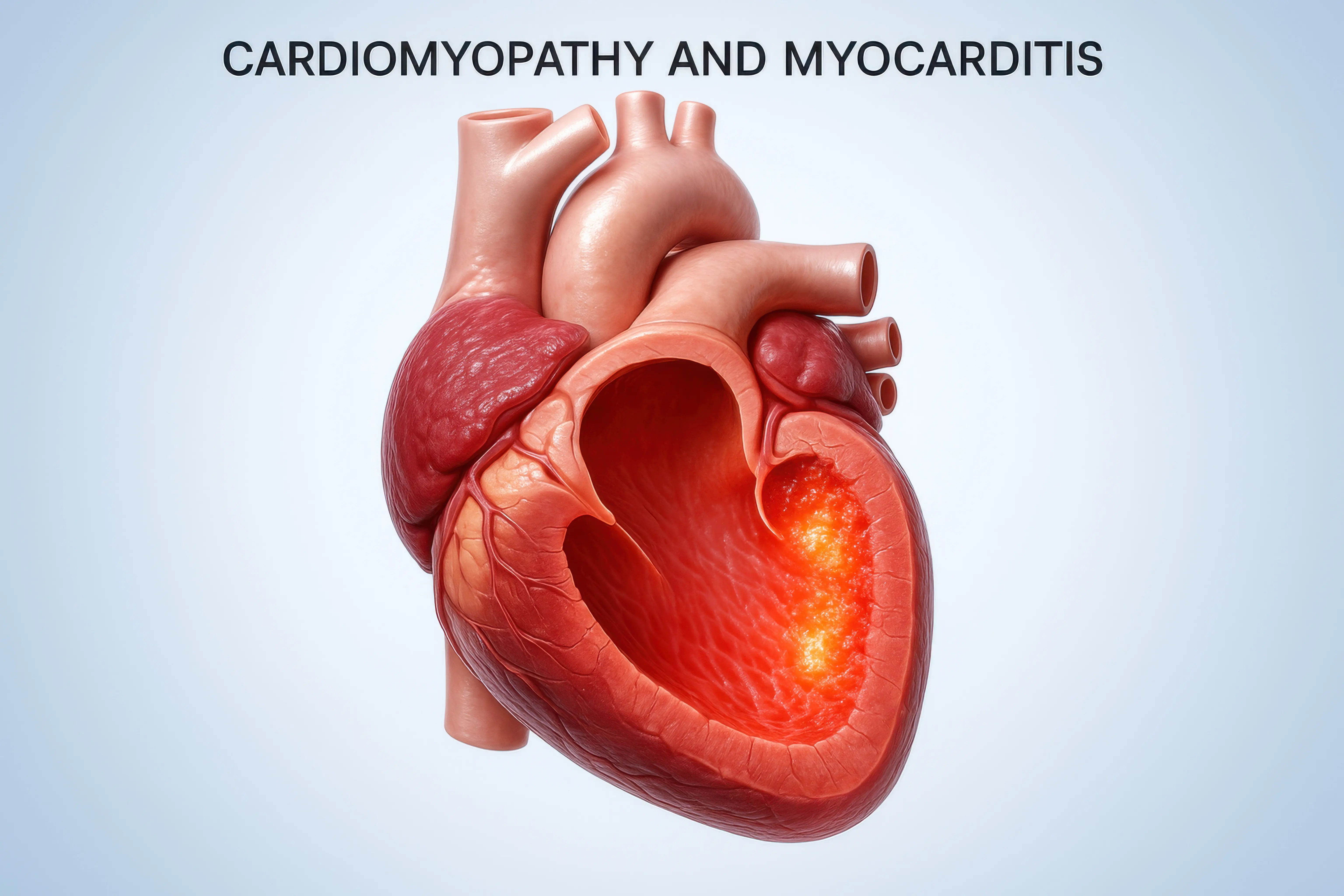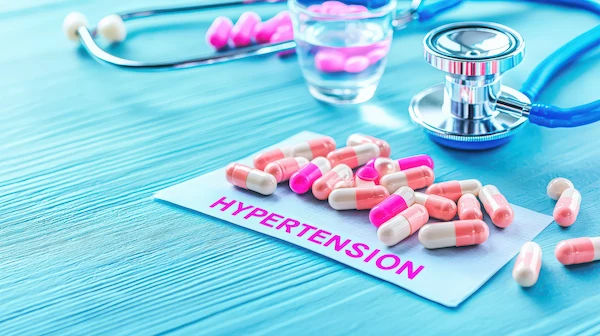- male
- 50 Years
- 31/03/2021
Are eggs bad for cholesterol?
Answered by 1 Apollo Doctors
Eggs contains high cholesterol but it doesn't seems to raise cholesterol the way other cholesterol foods do. You may consume them in moderation and can prefer only egg white also as it contains only proteins.
Dr. Dhankecha Suggests...
Consult a Cardiologist
Answered 04/07/2025
0
0

Ask Apollo
AI powered Health Chatbot
-
Eggs and Cholesterol:
- Eggs contain dietary cholesterol, but they don't significantly raise blood cholesterol for most people.
- Individual responses vary; some may be more sensitive to dietary cholesterol.
-
Nutritional Benefits:
- Eggs are a good source of high-quality protein, vitamins, and minerals.
-
Moderation:
- Consuming up to one egg per day is generally safe for healthy individuals.
-
Overall Diet:
- Focus on a balanced diet low in saturated and trans fats, which impact blood cholesterol more.
-
Consultation:
- If you have high cholesterol or heart disease, discuss your diet with a doctor or dietitian.
Answered 20/08/2025
0
0

More Cardiology Health Queries
View allI'm having this continuous chest pain since morning, and I think it might be a gas lock. I had dosa this morning, but I've been struggling with this issue for about 10 days now. I've been taking homeopathy, but it doesn't seem to be helping much. Could it still just be gas, or do you think it's something else? Should I consider a different treatment?
Tab pantop 40mg for 3 days
Answered by 1 Apollo Doctors
I've been having chest pain when I walk for the last 8 days, but my ECG and 2D echo reports came back normal. I've had asthma since childhood, and I'm 48 years old, weighing 75 kg. When I get the chest pain, there's no breathlessness or anything else, just the pain. It eases up when I rest. My blood pressure is normal, too. What could be causing this?
cardiac markers and ecg are advised..
Answered by 1 Apollo Doctors
I'm trying to understand how likely it is to have a heart blockage if my ECG comes back normal? Also, under what circumstances would a doctor suggest going for an angiography?
When ECG is normal no need to worry,if you have non specific chest pain,get a 2D echo done and visit Cardiologist for appropriate management
Answered by 1 Apollo Doctors
Disclaimer: Answers on Apollo 247 are not intended to replace your doctor advice. Always seek help of a professional doctor in case of an medical emergency or ailment.

 Are eggs safe for people with high cholesterol?
Are eggs safe for people with high cholesterol? 